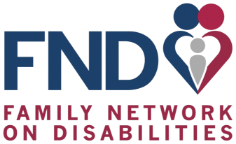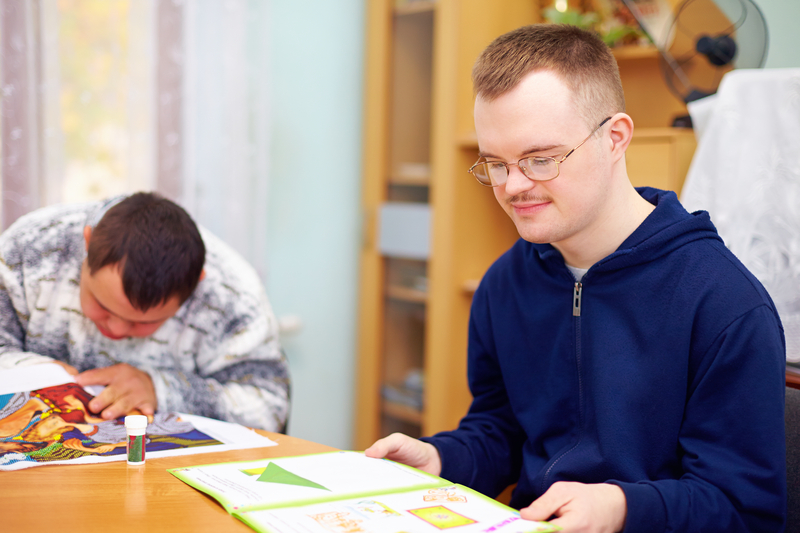BLOG POST
As a parent, you want to give your child the best chance to thrive and be happy. This effort may be more challenging if your child has autism, but the good news is that there are many agencies and services you can rely on.
Autism is a developmental disability that significantly affects verbal and nonverbal communication and social interaction. It’s generally evident before age three and can adversely affect a child’s educational performance. Below, see some of the resources that help with educating children with autism and that empower you and your child’s teachers to support their emotional and developmental progress.
Supporting a child with autism
Children with autism need a lot of patience and support, and we think the Autism Navigator is an excellent tool for helping you provide that love and support. In particular, look at their Family Resources section, where you’ll learn about:
- Signs of autism in toddlers. We recommend their course, About Autism in Toddlers, which is a web-based series of slides and videos that you may complete at your own pace.
- Common treatments for children with autism. You’ll learn about behavioral and developmental approaches. The most common developmental approach is Speech and Language Therapy. The behavioral approach uses what is called Applied Behavior Analysis.
- Resources for screening a child you think may have autism. Once resource we really like is babynavigator.com. This is an easy-to-navigate site where you can discover:
- What autism looks like in toddlers
- The importance of screening your child’s social communication activities
- Early intervention resources if your child has autism
The sooner you verify that your child has autism and how it affects their life, the sooner you can improve their outcomes.
Educating a child with autism
You’ll be an informed parent when you learn about the evidence-based practices that teachers follow and apply when teaching children with autism. You’ll also know what to expect from your child’s instructors and be able to have a dialogue with them on what is or isn’t working.
For example: Did you know that the best practices for teaching children on the spectrum are based on applied behavior analysis? This process helps reinforce appropriate behavior and decrease challenging behavior.
By knowing the key terms used by educators when helping students on the autism spectrum, you’ll be able to understand their approach and speak the same language. On this page, we’ve included a list of common terms, including:
- FAPE. This refers to free appropriate public education services that are provided at public expense. It’s defined by the Individual With Disabilities Education Act.
- IDEA. The Individuals With Disabilities Education Act was created to help state and local agencies provide special education and related services to children with disabilities.
- IEP. The Individualized Education Program is a document designed to meet your child’s unique educational needs.
Not sure where to start? Have questions about your child and autism? Contact us and let us know how we can help.
Explore More Resources
Get Support

26750 U.S. Highway 19 North Suite 410 Clearwater, FL 33761
(727) 523-1130
(800) 825-5736


